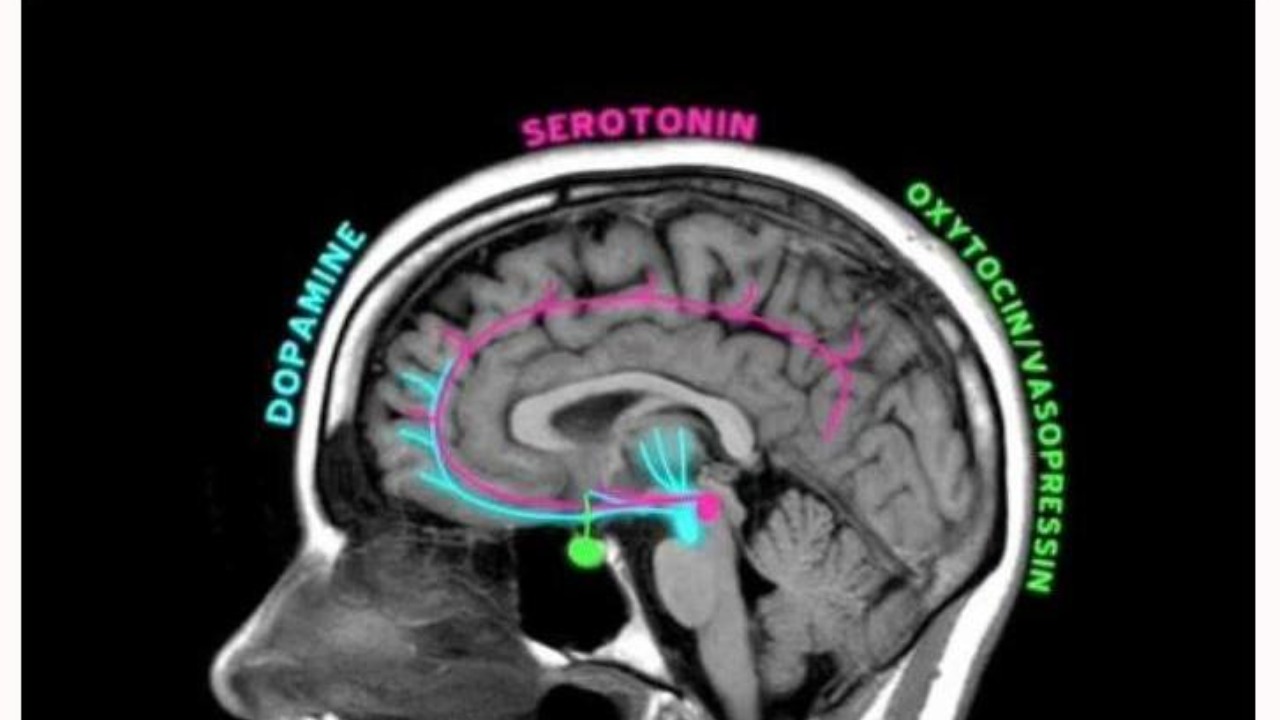In today’s hyper-connected world, technology addiction is becoming an increasingly prevalent issue, with significant implications for mental health and cognitive function. Recent studies utilizing MRI scans provide concrete evidence of how tech addiction is reshaping the brain, revealing changes in structure and activity. These findings offer a glimpse into the potential consequences on our daily lives and mental well-being.
The Science Behind Technology Addiction

Technology addiction is characterized by an excessive and compulsive use of digital devices, leading to negative impacts on daily life. Symptoms often include anxiety when not connected, neglect of personal or professional responsibilities, and a diminished interest in offline activities. This form of addiction has become more prevalent with the advent of smartphones, social media, and other digital platforms, which are designed to capture and hold our attention.
At the neurological level, tech addiction operates similarly to substance abuse disorders. The constant engagement with technology triggers the release of dopamine, a neurotransmitter associated with pleasure and reward. This creates a cycle of dependency where individuals continuously seek digital interactions to maintain dopamine levels, similar to how drug users chase a high. Studies have shown that the brain’s reward system is heavily involved, reinforcing the compulsive behavior associated with tech addiction.
MRI Scans: A Window into the Addicted Brain

MRI scans have become an invaluable tool in understanding how technology addiction affects the brain. Structural changes have been observed, particularly in regions associated with attention and impulse control, such as the prefrontal cortex. These alterations can compromise an individual’s ability to focus and make rational decisions, mirroring the effects seen in individuals with substance use disorders.
Furthermore, functional MRI studies reveal altered brain activity patterns in tech-addicted individuals. Areas related to decision-making and emotional regulation exhibit heightened or diminished activity, indicating an imbalance. For instance, a recent case study highlighted significant changes in the brain’s functional connectivity, which could explain the increased impulsivity and emotional instability often reported by those struggling with tech addiction.
Consequences of a Tech-Addicted Brain

The cognitive decline associated with tech addiction is becoming increasingly evident. Memory, attention span, and problem-solving abilities are all at risk, as the brain’s structural and functional changes hinder these cognitive processes. This deterioration can manifest as forgetfulness, difficulty concentrating, and poor performance in tasks requiring critical thinking.
Emotionally and socially, the effects are equally concerning. Individuals with a tech-addicted brain often experience heightened levels of anxiety and depression, as well as social withdrawal. This can lead to a vicious cycle where technology is used as a coping mechanism, further entrenching the addiction. The long-term implications for future generations growing up in a tech-saturated environment are particularly worrying, as these changes could become more pronounced over time.
Mitigation Strategies and Future Directions

Reducing screen time through digital detox strategies offers a promising approach to mitigating the effects of tech addiction. By consciously limiting device usage and engaging in offline activities, individuals can begin to break the cycle of dependency and restore balance to their brain’s chemistry. Studies have demonstrated that even a brief period away from screens can result in significant improvements in brain activity, as noted in this research.
Education and awareness are crucial in addressing tech addiction. Initiatives aimed at informing the public about the risks and signs of tech addiction can empower individuals to recognize and address their habits. Future research should focus on developing personalized interventions and informing policy development to curb the rise of tech addiction and its impact on society.
Societal Implications and Ethical Considerations

Integrating technology in a way that supports mental health rather than hinders it is a significant challenge. Balancing the benefits of digital innovation with the well-being of users requires a concerted effort from individuals, communities, and tech companies alike. Ethical concerns arise regarding the responsibility of these companies in addressing the addictive nature of their products, prompting calls for greater accountability and transparency.
Globally, different cultures are tackling the rise of tech addiction in various ways, highlighting the need for a diverse set of strategies to address this complex issue. As we navigate this digital age, understanding the societal implications and ethical considerations of tech addiction will be crucial in shaping a healthier, more balanced future.